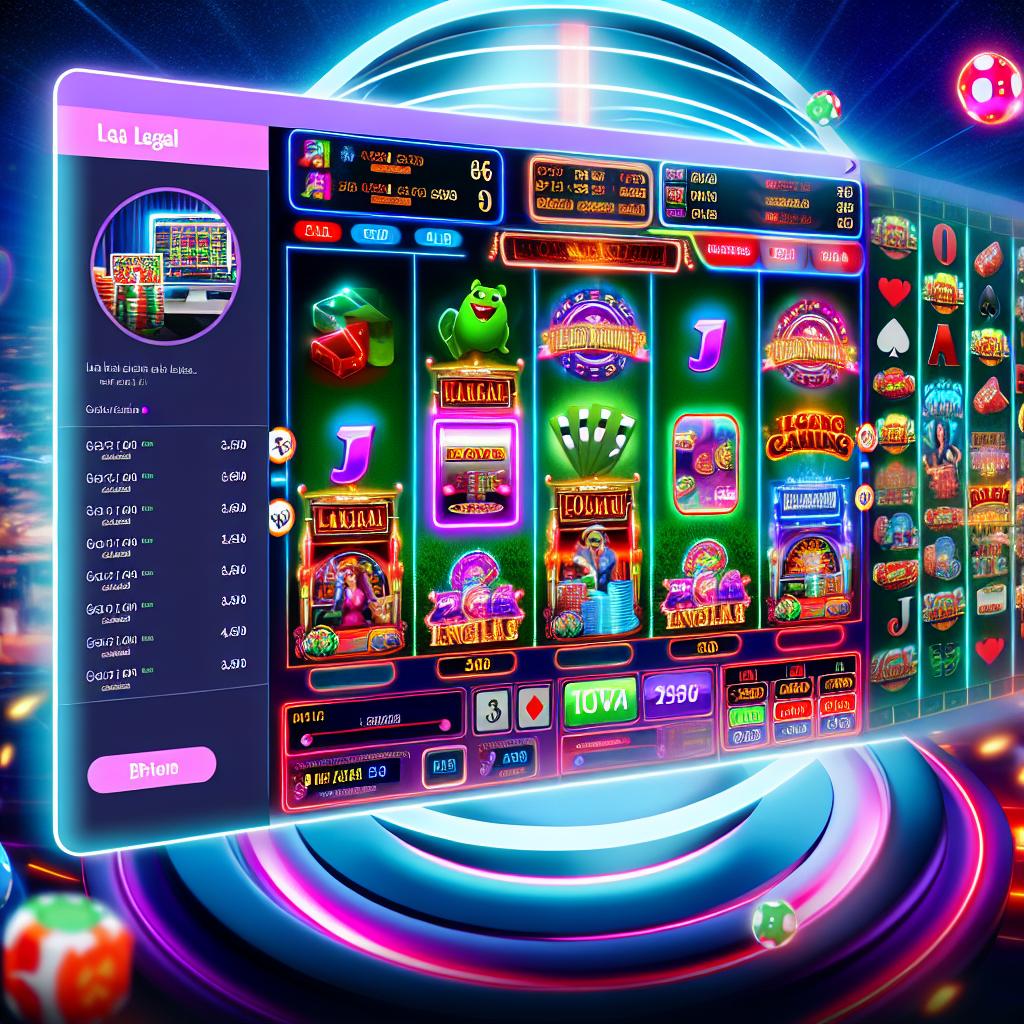
In recent times, the landscape of online gambling has undergone significant changes, particularly in the Netherlands. As a result, it is crucial for players to distinguish between legal and illegal online casinos to ensure a safe gambling experience. Navigating through the online gambling sector requires a clear understanding of the established legal framework and recognition of authorized platforms. This comprehensive understanding helps in making informed decisions that protect players’ interests and ensure compliance with national regulations.
As of October 1, 2021, the Netherlands enacted the Remote Gambling Act, commonly known as Wet Kansspelen op Afstand (KOA). This legislation marked a pivotal change, allowing for regulated online gambling. The law stipulates that online casinos must obtain a local license from the Kansspelautoriteit (KSA), the Dutch Gambling Authority, to operate legally within the country. This introduction of a legal framework represents a significant step towards providing a controlled and secure gambling environment for both operators and players.
To qualify for a license under the KOA, online casinos must meet several stringent criteria, designed to ensure player safety and fairness in gaming. These criteria include:
Online casinos are required to ensure player protection by implementing effective measures against problem gambling. This entails offering tools and services that help players monitor and control their gambling behavior.
Additionally, operators must implement a robust age-verification system to prevent underage individuals from accessing gambling services, ensuring that only players of legal age participate.
It is also mandatory to establish a fair and transparent gaming environment, where games are conducted openly, and players are informed about the gaming rules and payout percentages.
Lastly, licensed casinos are obliged to pay applicable taxes and licensing fees, contributing to the country’s economy and adhering to responsible business practices.
Being able to identify a legal online casino is crucial for players who wish to remain compliant with Dutch regulations and ensure their own safety. This process can be straightforward if you are well-informed and know the indicators to look for. There are several steps players can take to verify an online casino’s legitimacy:
The most reliable method for confirming the legality of an online casino is to verify whether it holds a license from the KSA. The Dutch Gambling Authority maintains a comprehensive public list of licensed operators, which is accessible on their official website. Regularly checking this list can help players avoid illegal gambling platforms and choose reputable operators.
Another key indicator of legitimacy is the presence of the official KSA seal on the casino’s website. Licensed operators are permitted and encouraged to display this seal, which serves as a visual confirmation that the casino meets all regulatory requirements and is authorized to offer its services to Dutch players.
In addition to the primary indicators, there are other factors that players can consider to assess a casino’s legality, although these are not guaranteed signs of compliance. Additional factors include:
The presence of responsible gambling features such as self-exclusion tools that empower players to limit or suspend their gambling activities if needed.
The availability of secure payment methods, especially those that are commonly used and trusted by Dutch players, indicating a commitment to safe and reliable financial transactions.
Casinos should also provide transparent terms and conditions, which are readily accessible on their website. Clear communication of policies and procedures is essential for maintaining trust and transparency.
Engaging with legal online casinos in the Netherlands presents several distinct advantages for players, enhancing their overall gambling experience:
Legal casinos are required to adhere to stringent security protocols, which ensures the protection of your personal and financial data. This commitment to security helps in building trust and encourages a positive gaming experience.
Regulated operators have an obligation to offer fair games. This includes ensuring that game outcomes are random and unbiased, with payouts subject to regular audits by independent agencies. Such practices guarantee that players have an equal chance of winning based on the game’s design and rules.
In the event of disputes or issues, players have a legal recourse through the KSA. The presence of a regulatory authority provides an extra layer of protection, helping to resolve conflicts and uphold player rights.
The legalization and regulation of online gambling in the Netherlands usher in a safer and more transparent environment for players. When you ensure that you play at a legal online casino with a KSA license, you enjoy peace of mind, knowing that the platform complies with strict regulations, ensuring fairness and security. As the landscape continues to evolve, understanding the legal distinctions and maintaining awareness of compliant platforms will serve as integral components of a responsible and enjoyable online gambling journey.